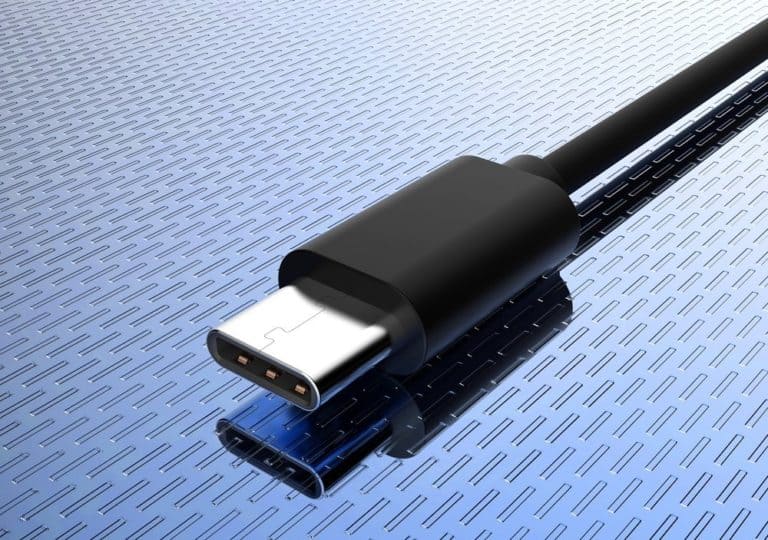Soon after voting in favor of forcing manufacturers to make USB-C the standard in electronic devices in October, the European Union announced Dec. 27, 2024, as the deadline for companies like Apple to comply. The proposals to make USB-C a common standard by law date as far back as ten years.
However, the most recent proposal was first brought up in September 2021. European Commission Executive Vice President Margrethe Vestager said that incompatible chargers piling up in homes were frustrating consumers, asserting that the bloc had given the industry enough time to develop its own solutions.
The USB-C law covers a wide variety of gadgets
Even though Apple products, especially the iPhone with its proprietary Lightning technology, come under scrutiny in the news when discussing the regulation, the requirement covers more than just phones.
The law mandates that USB-C be applied to gadgets like cameras, headsets, headphones, tablets, video game consoles, keyboards, portable speakers, mice, laptops, portable navigation systems, and just about anything that uses a wired cable to charge.
There are exceptions for devices that are too small to use USB-C, mainly in the wearables market (smartwatches, health trackers, sports trackers, etc.). For these devices, though, manufacturers must clearly label the device, informing buyers that the device doesn’t use USB-C.
Apple is most affected
Even though the company lobbied against the regulation, it had to have known for years that this was coming because it has gradually introduced USB-C in some of its devices. Notable among them are the iPad series and later-model MacBooks.
Still, the devices continue to have MagSafe wireless charging offered. The regulation does not say that alternative charging methods can’t be provided, just that USB-C be provided.
Industry pundits assume that the iPhone 15 in 2023 will be the first to make the transition. Apple announced it would obey but did not specify when USB-C charging would arrive on new-model iPhones.
Also read: Ministers give final approval for mandatory USB-C in EU
